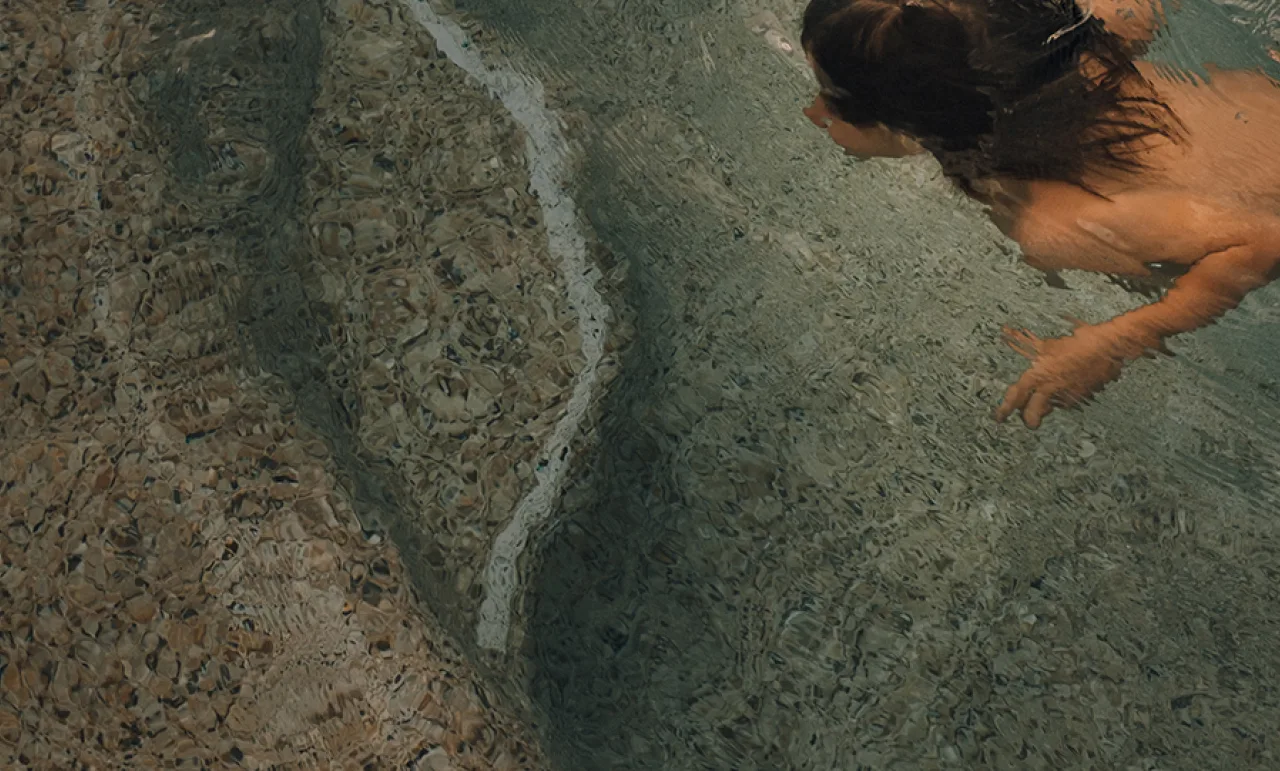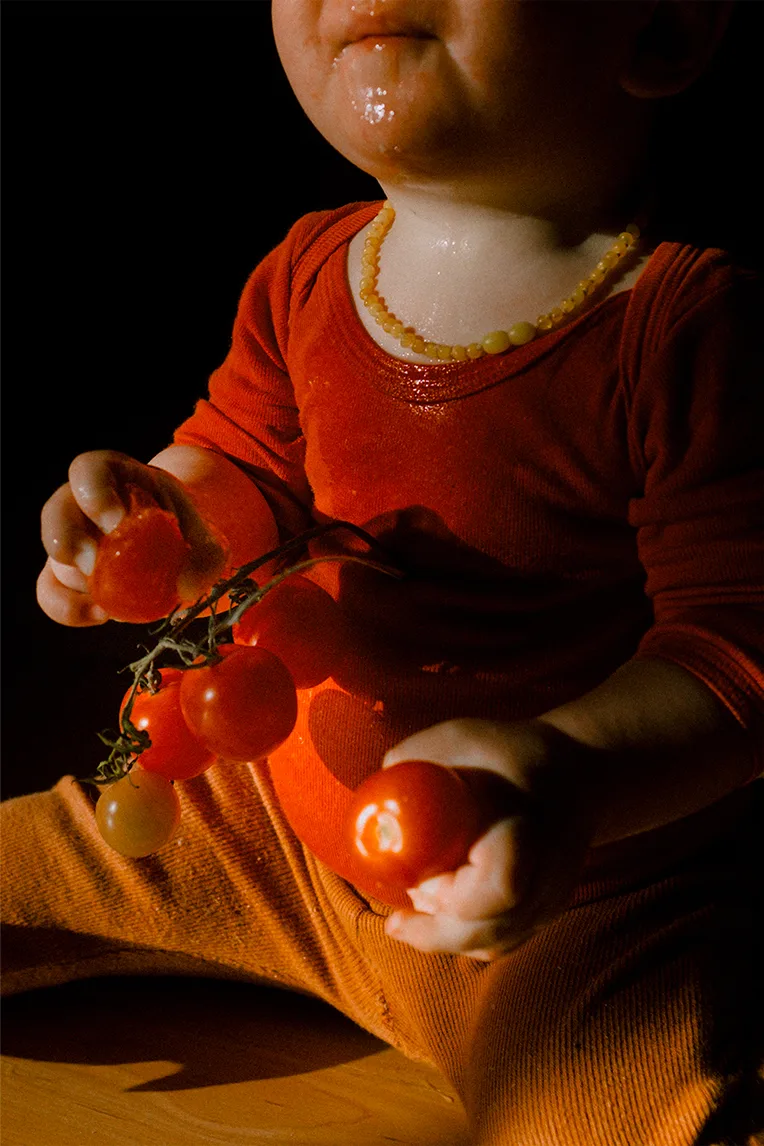

In Passing is a long-term exploration of photographer Lisa Sorgini’s personal, familiar space that marks the departure and slow return to self that she experienced in becoming a mother. Here Gem Fletcher interviews her about the ecstasy of birth when placed alongside the agony of grief.

The older I get, the more interested I am in life’s challenges. It's where our growth happens.
Motherhood is incomparable to anything else. It's a complete expansion. I liken it to an entirely new life. The way I see is different. The way I feel is different. I’m a completely different person.
In Passing is a long-term exploration of my familiar space that marks the departure and slow return to self that I experienced in becoming a mother. I’m interested in the intimacy harboured within the microcosm of a young family. I lost my mum just months after my first son Ari was born, and I found myself navigating birth, death and the intense combination of grief and joy that comes from deep love and connection.
The project began in quite a subconscious way. It was therapeutic for me to make work and keep up a part of myself that was separate from my identity as a daughter of a dying mother or a mother of a new baby. Before I had kids, I could comprehend the challenge of birth, but not the physiological and emotional changes that come with motherhood. In many ways, I think it's an experience you can't prepare for. I became interested in moments of static domesticity. These unspectacular and mysterious encounters that sat alongside these major life events.
Each image charts a particular stage in our family life and offers a reflection of the ever-shifting emotional landscapes. It's still quite hard for me to comprehend the early experience I had with my first son. When he was four months old, we moved from Sydney back to my hometown in Bundjalung Country. We found out my partner's dad had terminal cancer and that my mom had cancer. It was a time of massive upheaval. I spent a lot of time wishing I could separate things, but life is messy, and in that chaos, I've come to realise that things you could never dream of happening, do happen. In a lot of ways, I'm grateful for experiencing life and death so close together. It's made me appreciate the in-between – the joy of being alive.

I’m grateful for experiencing life and death so close together. It's made me appreciate the in-between – the joy of being alive.
Parenting is really challenging. So often you find yourself at 2am frantically googling for help because your baby is making a weird breathing sound. I did it so much when Ari was born. I still do. I find the results when you type in "why is my baby..." so funny. They are evidence of parents around the world all being in this together. Culturally, we have a real problem with discussing the tougher aspects of life. We hide the challenges of motherhood away. We hide away miscarriage. We hide away grief. In doing that, we are disconnecting ourselves from what it means to be human. Society encourages us only to see the positives, and I think that is particularly troubling in motherhood. It means there is no space to normalise the struggle and seek support. The older I get, the more interested I am in life's challenges. It's where our growth happens.
"Birth is not merely that which divides women from men," Rachel Cusk writes in A Life's Work, "it also divides women from themselves, so that a woman's understanding of what it is to exist is profoundly changed." Over and over in that book, line after line, she nails it. She explores the stuff we're encouraged not to talk about in motherhood. Imagine if we could have those really honest connections – wouldn't it be a nice transition?In this work, it's my children who are most often the storytellers. They are the protagonists defining the passage of time. I feel this particularly when I discovered Ari drawing over a photograph of my mum. I was angry at first, but over time I began to realise it was perfect that he marked this image of her when they occupied the same time in their lives. I think it's really beautiful.
I didn't anticipate reliving my childhood as my children moved through theirs. The nature of childhood is reflective. You are forced to process your issues which, up until then, has been relatively easy to avoid. Having kids draws you back into the family dynamic. Then, in addition, as parents, we start to perpetuate our own upbringing initiating this intergeneration connection to this new family unit. Everyone has a role in the family and how that plays out is really interesting to watch.
I lost myself in the experience, but I came back to myself stronger than ever.

I lost myself in the experience, but I came back to myself stronger than ever.











